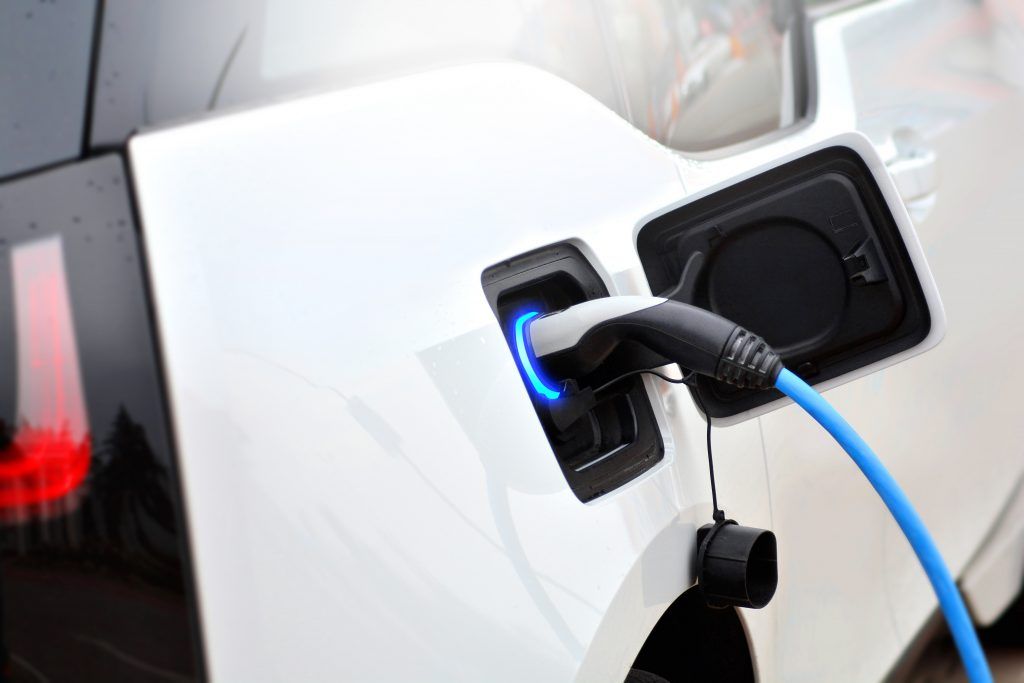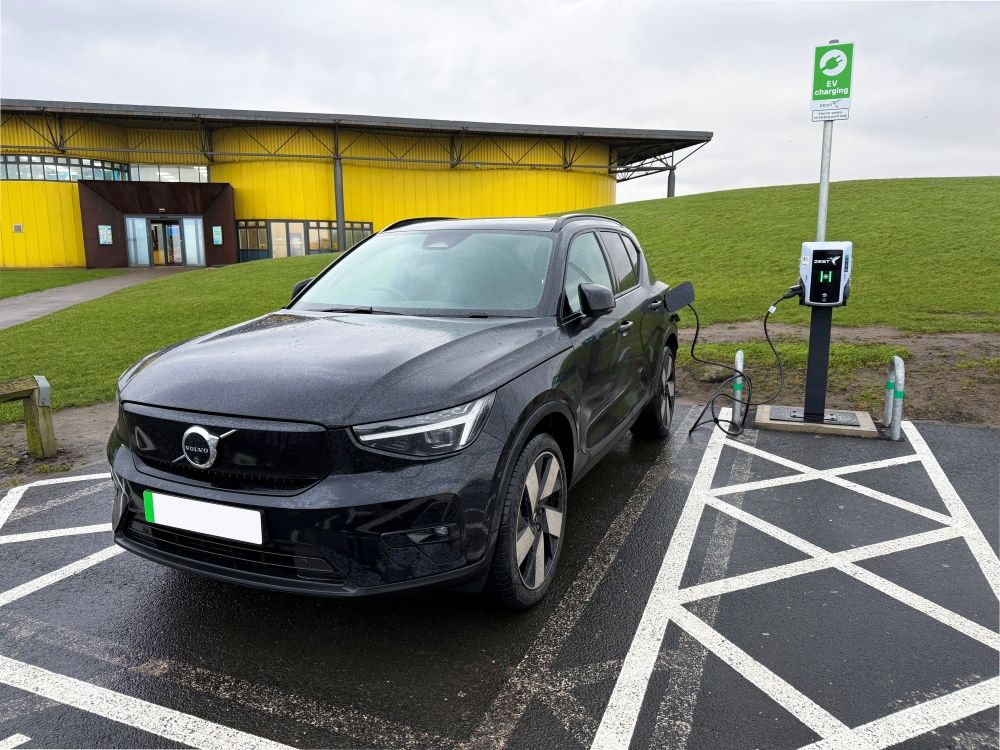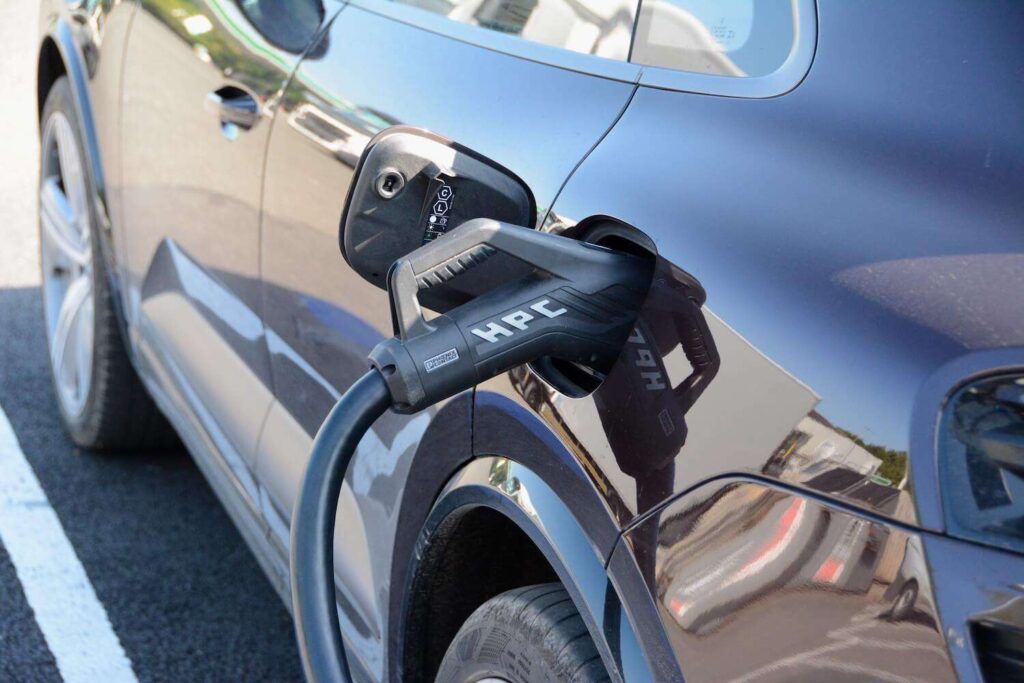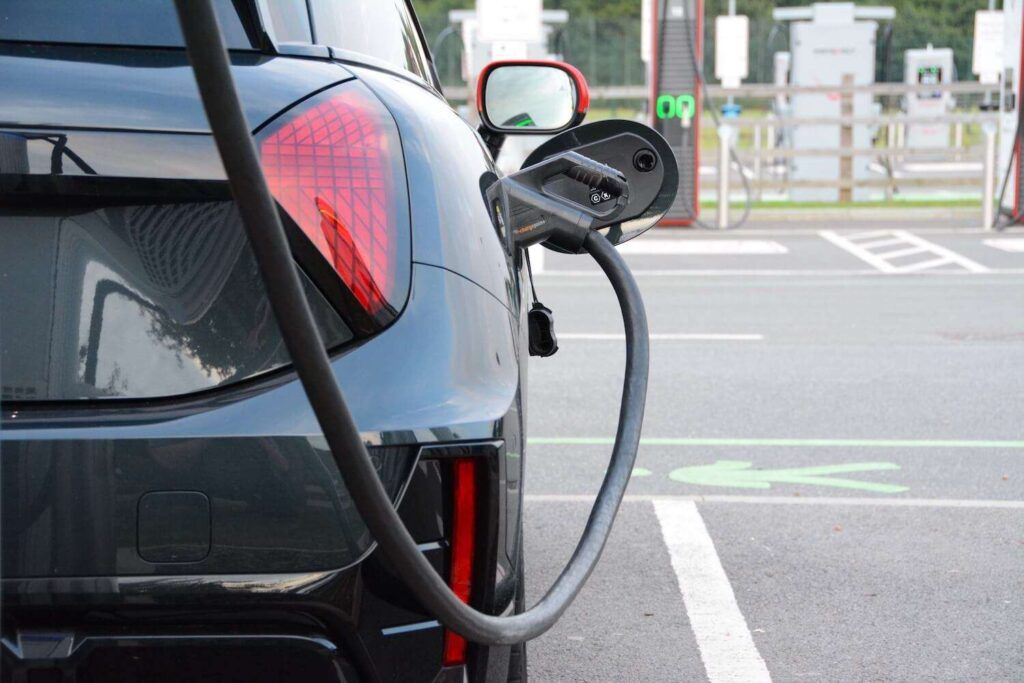Independent garages could be left behind the EV race, potentially limiting consumer choice and raising costs, analysis suggests.
The latest data from professional body the Institute of the Motor Industry (IMI) reveals 20% of the UK aftermarket population is now qualified to work at some level on EVs.
By the second quarter of 2023, some 2,900 technicians achieved EV certification, bringing the total number of qualified EV technicians in the UK to 45,300.
But the rate of EV qualifications appears to be slowing, with a 36% decline in certifications year-on-year. Early analysis by the IMI of quarter three data suggests that this trend is persisting with a 7% decrease compared to the same period in 2022.
According to the IMI data, while early uptake in training was concentrated in dealerships, training providers and roadside assistance services, demand has been slower in the independent sector where few EVs are yet to appear in workshops. The IMI predicts by 2030 the sector will need 107,000 EV trained technicians, increasing to 126,000 by 2032, increasing to 185,000 by 20351.
Emma Carrigy, Research Manager at the IMI said: “It’s perhaps not surprising, given the enormous amount of uncertainty in the early part of this year about the ICE ban, that individuals working in the sector and their employers have taken their foot off the pedal on EV training. It also appears that training budgets may be among the first to be cut in the face of challenging economic conditions.
“The sector is grappling with high vacancy rates. This not only means the focus has shifted towards recruitment, diverting attention and resources away from training. Current technicians are also being deployed to cover existing workforce gaps, rather than having the time to undertake additional training. This is particularly challenging for the independent sector.”
“The biggest concern the IMI has is the mixed messages being sent to employers and individuals within the automotive sector. This ambiguity could stifle the commitment to training, which is crucial for road safety and economic stability. Fleet buyers, who account for 50% of new EV sales2, are likely to sustain demand for EV-trained technicians due to corporate Environmental, Social, and Governance (ESG) targets. However, if the automotive workforce cannot see immediate returns on EV training investments due to consumer hesitation, the existing skills gap will widen, leading to longer repair wait times and potential economic and social mobility setbacks.”
Image from Shutterstock












